|
By Karen Carnabucci, LCSW, TEP
Most of us will agree that there is great upheaval in the world. It is the kind of upheaval that challenges us and tests us. Much of the challenge and the test relate to how we can celebrate during the holiday season when there is so much struggle – whether in our own homes and hearts or on the other side of the planet, or both. Really bad things are happening, and they continue to happen, darkening not only the season but also shading the upcoming new year.
0 Comments
By Karen Carnabucci, LCSW, TEP
For the those people who are psychodrama history nerds -- and I mean that in the best possible way-- you should get to know Sergio Guimaraes. Sergio, a psychodramatist and psychologist in Buenos Aires, Brazil, has made and published a number of video interviews about psychodrama. Many are interviews with Zerka Moreno, the grand dame of psychorama and third wife of Dr J.L. Moreno who continued to teach and spread the word about the magic of psychodrama after Moreno's death -- as well as many more videos about psychodrama and the people who direct psychodrama sessions, many of them well-known practitioners and trainers around the world. Sergio's latest project has been what he calls "Retracing J.L. Moreno’s Steps,” visiting Vienna, Austria, and nearby areas including Bad Voslau, where Moreno set up his first medical practice as a young physician. Accompanied by Michael Wieser, an Austrian psychodramatist, Sergio toured and filmed the historic places there and nearby that relate to Moreno and the places that both supported the birth of psychodrama and memorialize the man who created it. By Karen Carnabucci, LCSW, TEP
Thanksgiving Day is almost here – the time when we are encouraged to gather and to give thanks. These are times when we typically mention what we are personally thankful for, perhaps friends and family, or good health, or a health challenge that we have escaped, or a sweet pet, or some other fortunate experience. When a friend and colleague recently shared on social media what is commonly known as the Haudenosaunee Thanksgiving Address, I was again reminded that other cultures look at gratitude quite differently. Haudenosaunee – pronounced who-DIN-oh-show-nee -- is also known as the Iroquois Confederacy, or Six Nations that includes Mohawk, Oneida, Cayuga, Onondaga, Seneca and Tuscarora. Robin Wall Kimmerer included a version of this address in her lyrical best-selling book Braiding Sweetgrass, after being assured by Oren Lyons, the Faithkeeper within the Haudenosaunee Confederacy in northeast North America, that its use would be valuable. He is reported to have replied, "Of course you should write about it. It's supposed to be shared, otherwise how can it work? We've been waiting for 500 years for people to listen. If they'd understood the Thanksgiving then, we wouldn't be in this mess.” Here is the address, written in an interactive style. Perhaps you would like to read it before your Thanksgiving meal, or early in the day or later in the evening. Or any time. By Karen Carnabucci, LCSW, TEP
As part of our commitment to professional growth and development, Lancaster School of Psychodrama and Experiential Psychotherapies is initiating a new scholarship and sliding scale program that is an important tool for social justice. The scholarship and sliding scale plan is based on the nationally known Green Bottle, which acknowledges peoples' different financial experiences enables participants to adjust payment based on access to resources. By Karen Carnabucci, LCSW, TEP
Experiential psychotherapy is based on the notion that a person cannot make a significant change until a shift happens within the experience of the person. The therapist who is practicing experiential therapy focuses on facilitating the transforming experience with the collaboration of the person -- the one we usually call the client although I continue to insist that the word "client" is too sterile and too mundane to describe this kind of experience. As the person gives themselves to the experience, of how it has been and how it is now, chance occurs in the therapeutic session. experience the difference from how it was before, and how it is now. Most psychotherapists do experiential therapy to some degree, in that what our people experience in the here-and-now therapeutic relationship makes a significant difference in their world. By Karen Carnabucci, LCSW, TEP
Welcome to a phrase that I've just coined -- body-informed care. The words "trauma-Informed" have become a well-used phrase when discussing the care and treatment of survivors of trauma in the the fields of health and wellness. However, I've come to believe that if we are to be trauma-informed, we must become body-informed as well. Attention to the physical body is crucial in trauma treatment. Although we would like to think otherwise, trauma is not solely a psychological experience that affects the thinking brain. The fact is that traumatic experiences can leave a lasting impact on the body, leading to physical sensations, tension, and dysregulation, and sometimes illness and worse. By focusing on the body, trauma treatment can address the somatic aspects of trauma and promote truly holistic healing. The practitioner is charged with rewriting the nervous system into a new pattern of safety. This challenge means that practitioners must not only be trauma-informed but also body-informed. As we learn more about the neuroscience of co-regulation -- the idea that one person's nervous system impacts another's nervous system, the practitioner must be the "more regulated" one in the session and learn and practice how to stay in his, her or their own body so they can be present when they are working with a traumatized person. Here are some reasons why attention to the body is important in trauma treatment: By Karen Carnabucci, LCSW, TEP
I never met Dr. J.L. Moreno, the European-born physician who is widely celebrated as the man who revolutionized psychiatric treatment. A pioneer in improvisational theater and a social scientist fascinated with relationships in groups, he prodded us to accept a new and vigorous way to relate to our world with the method of dramatic play that he called psychodrama. However, I had the good fortune to study closely for several years with Zerka T. Moreno, Dr. Moreno’s third wife, who is now credited as the co-developer of psychodrama. Zerka is known not only for shaping psychodrama while J.L. was alive but also for refining and polishing the method after his death in 1974 through her teaching, writing and traveling. And I have had the lovely opportunity to befriend Dr. Moreno’s daughter, Regina Moreno, who has asked me to assist with the writing of her book Words of the Daughter: A Memoir, where she warmly reveals more about the father of this method, the important contributions of her stepmother Zerka to this blended family away from the psychodrama stage, and especially her mother Florence’s hidden role in developing distinct psychodramatic and sociometric innovations of her own. Gina – as later called herself – died on June 19 in Berkeley, Calif., after a long and interesting life, a life mostly centered on psychodrama, relationships and adventure. By Karen Carnabucci, LCSW, TEP
Experiential therapy — a broadly based description of therapeutic modalities that employ here-and-now experiences — are greatly effective when working with people in recovery. Within recent years, many treatment centers and other clinical programs are re-inventing and re-informing their programs to show recognition of the particular needs for special populations and introducing a number of holistic treatment components like yoga, meditation, Reiki, nature walks and the like. Many of the same professionals also are re-evaluating the need for experiential learning and broadening experiential programs with psychodrama, metaphor, ritual and ceremony, the creative arts and work with animals as defined by distinct clinical objectives. By Karen Carnabucci, LCSW, TEP
We’re approaching income tax time, and we know what that means. It’s time to pull out our files, envelopes, receipts, bank papers and all sorts of other things as we review our income and our outflow. It’s easy to identify what is income (people pay for our services and goods) but sometimes more difficult to identify what are the business expenses that are deductible. Whatever is legally deductible will reduce your income tax payment. And, as a psychotherapist-educator who offers trainings for psychotherapists, educators and other helping and healing professionals, I’m here to tell you that-- This is the harvest time of year, the time of year when we talk about gratitude. Last year for my Thanksgiving column, I asked my good friend Alan Swanson to permit me to re-publish his wonderful essay about gratitude. This year, he's come up with a new essay looking at gratitude, joy and love with his Seed Point meditation. I share it here: By Alan Swanson
For many years now, I have been working with a process which I have come to call a Seed Point. As with an actual seed, there is growth involved. With proper nourishment, the seed works with creation to manifest its specific nature into the world. This particular Seed Point is something different, for it works in the realm of what we term the future. It involves working with an experience we are having in the present moment, and projecting the completed process into the future. This, in order to create the most beneficial result possible. |
AuthorKaren Carnabucci, LCSW, TEP, is an author, trainer and psychotherapist who promotes, practices and teaches experiential methods including psychodrama, Family and Systemic Constellations, sand tray, mindfulness and Tarot imagery. Archives
December 2023
Categories
All
|
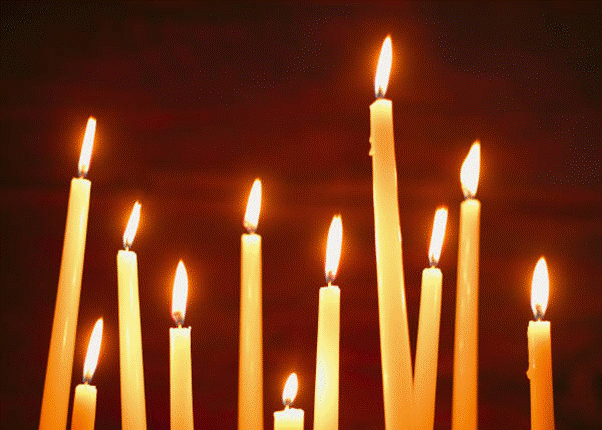
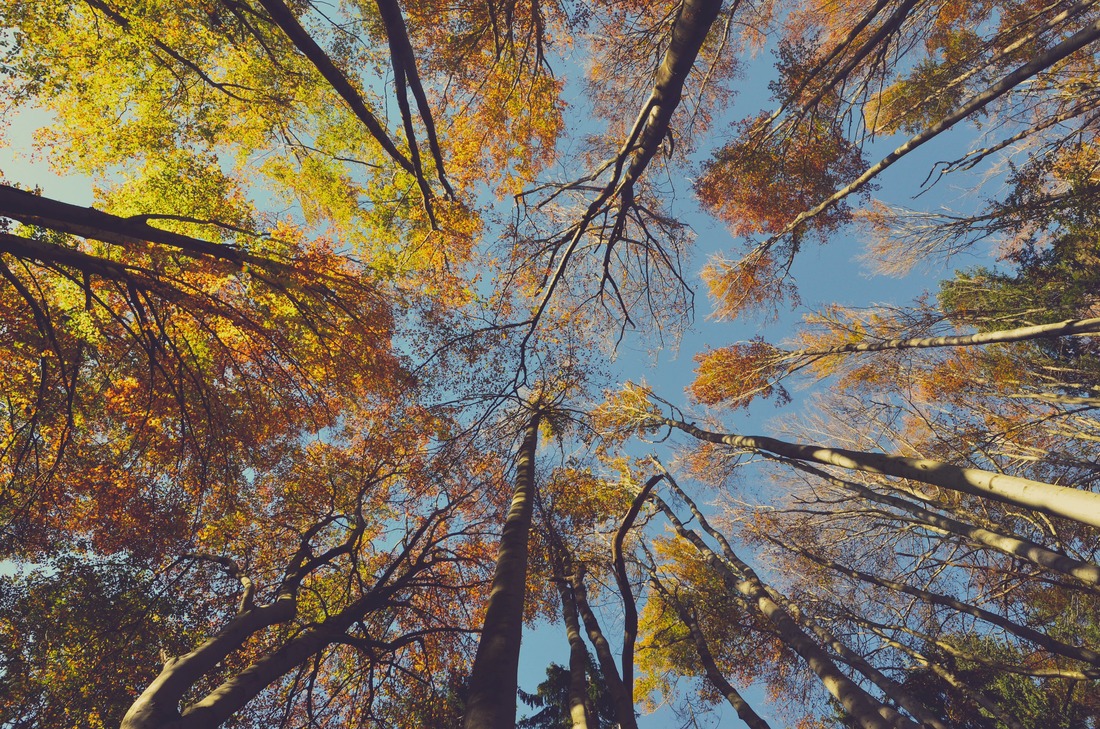
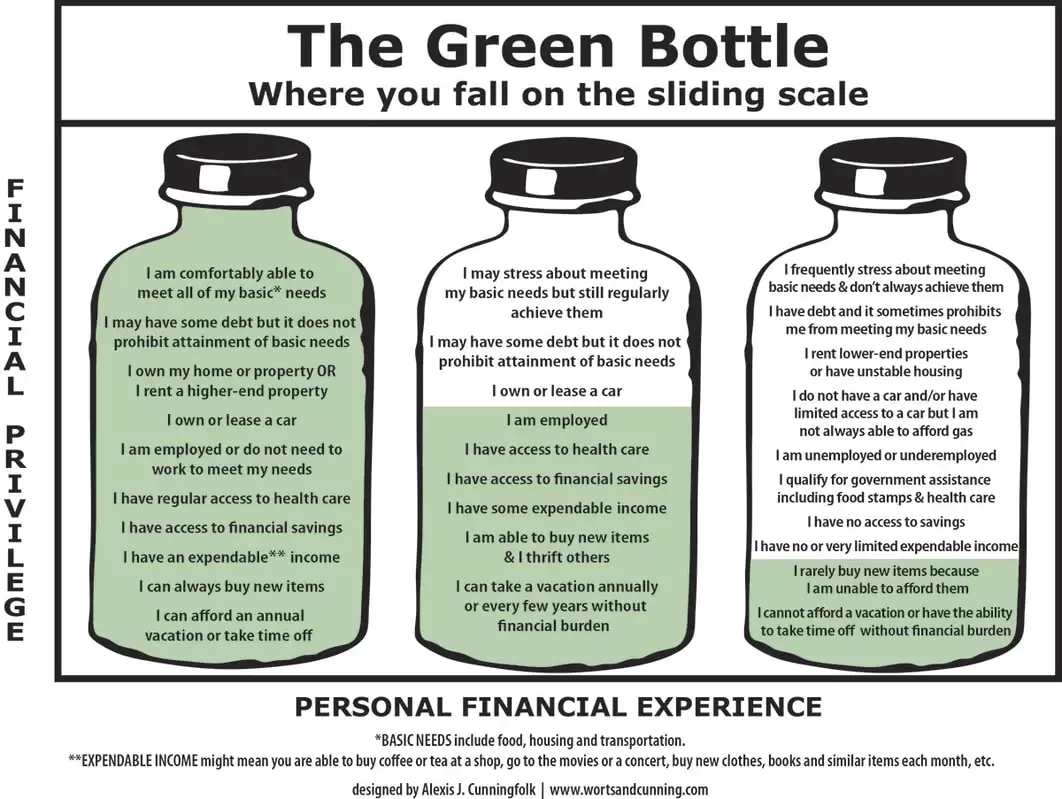
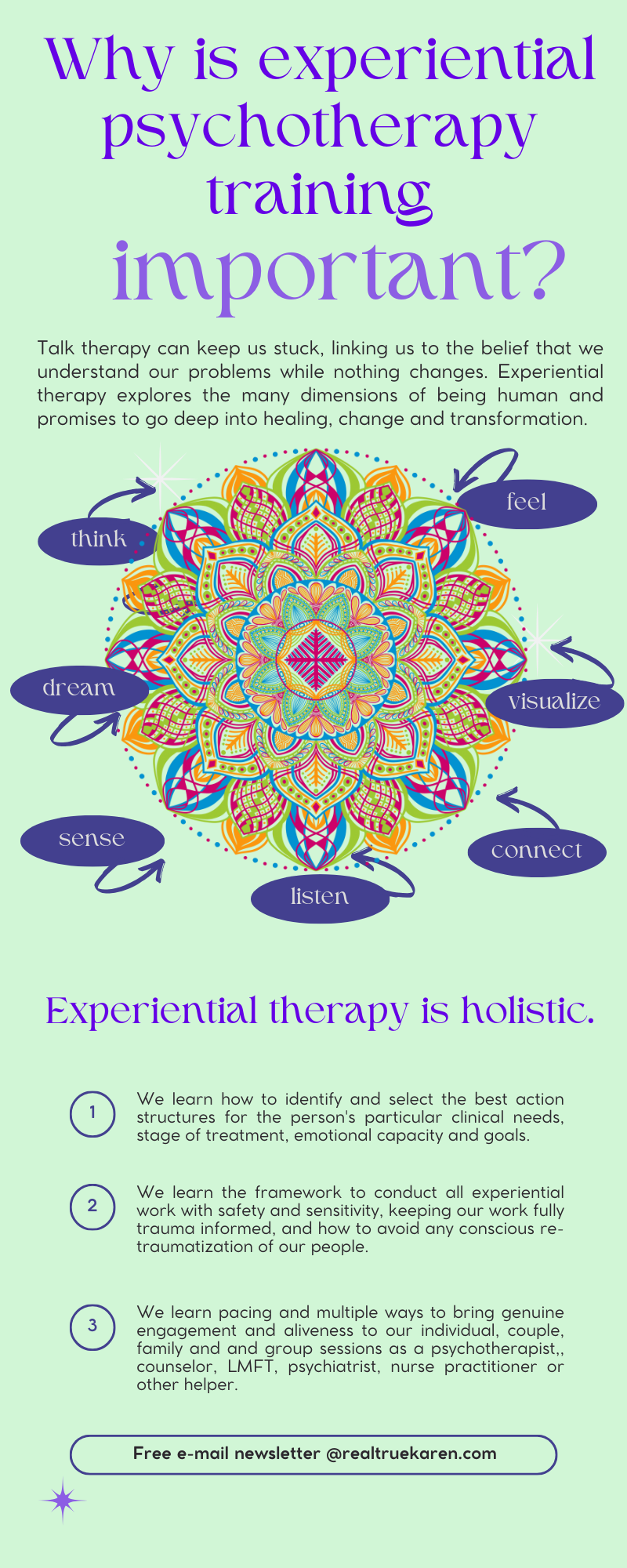
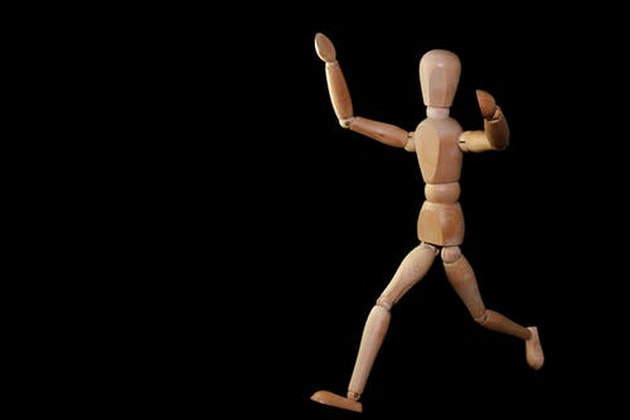
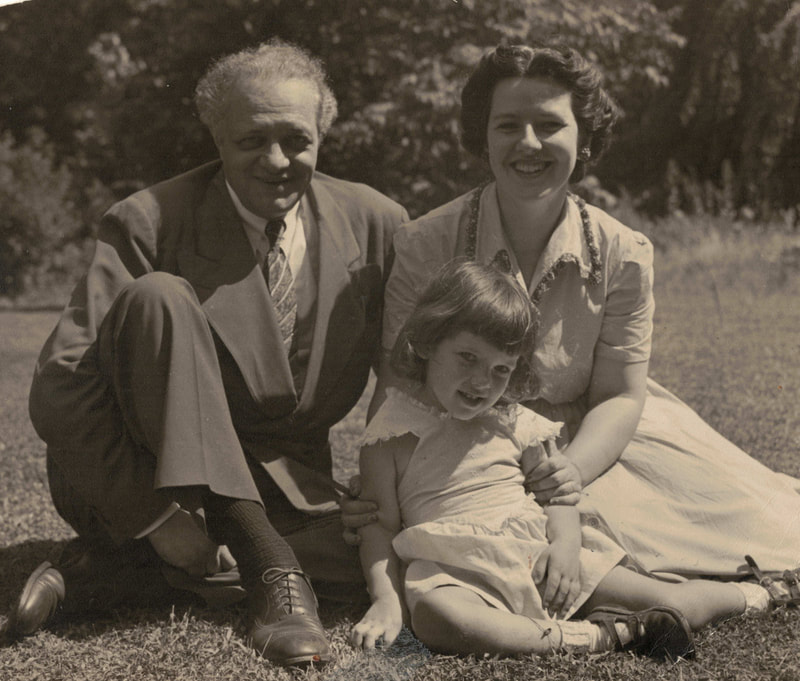
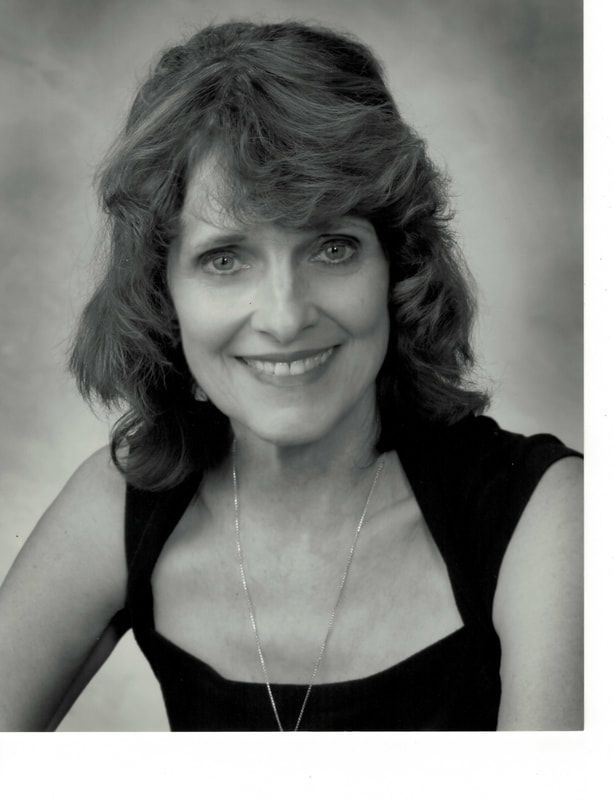
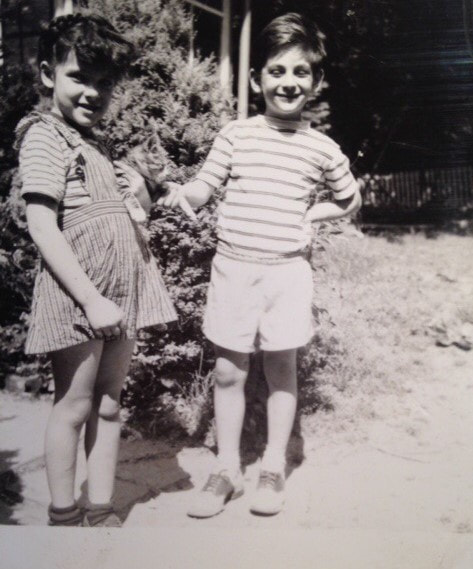

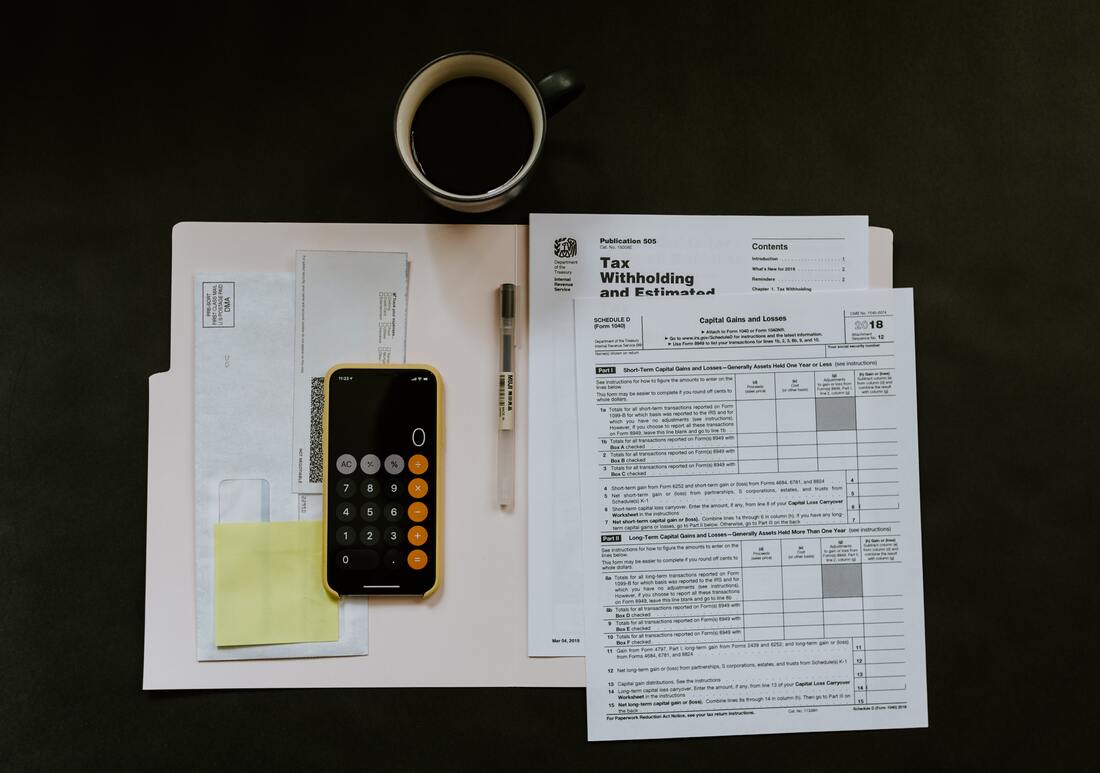
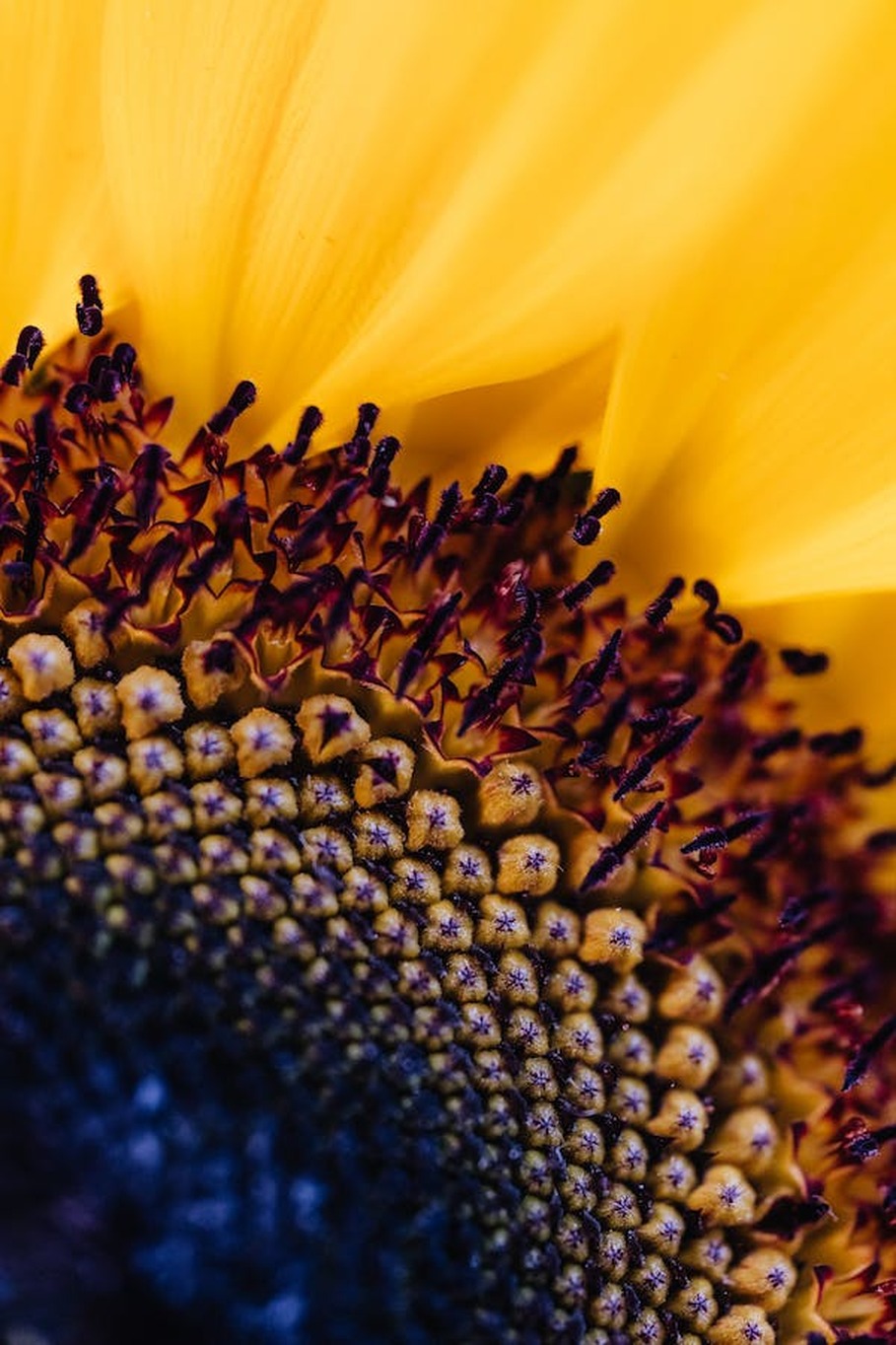
 RSS Feed
RSS Feed